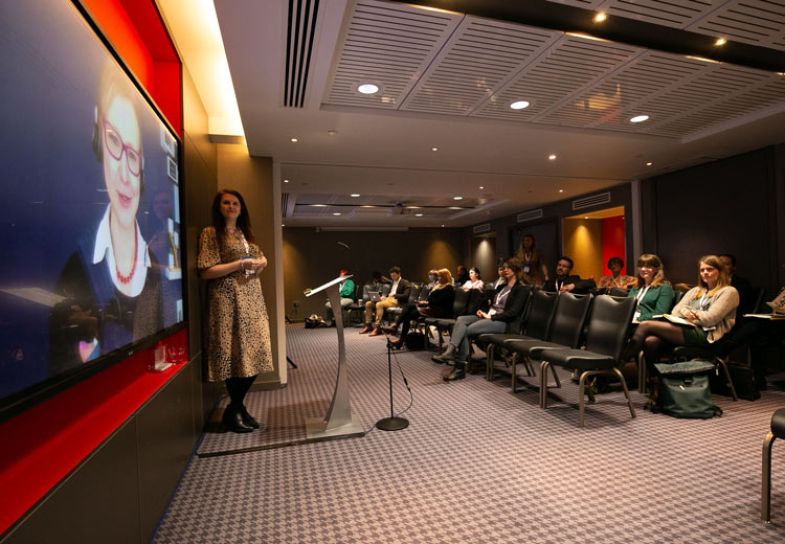
Online study support service reduces pressure on staff and bolsters student retention
Personalising the student experience can bolster retention and success rates, but often students need feedback and support after hours. Studiosity, an online study support service, fills the gap when staff members are not available.
“We offer timely academic skills help,” said Isabelle Bristow, managing director for Studiosity in the UK and Europe, at a THE Digital Universities Week UK 2022 session. “We’re not here to replace any kind of service a university has. We’re here when your staff can’t be there.”
The Australian company has online human specialists in Canada, South Africa, the UK, Australia and New Zealand, allowing it to offer services around the clock. It partners with about 20 universities in the UK and Europe, while about 70 per cent of Australian universities use the service.
Studiosity’s writing feedback service remains the company’s most popular offering, Bristow said. “Students can upload a draft of any of their essays and within 24 hours they will get writing feedback from one of our specialists around the world,” she said. “They do not comment on the subject content, but rather the structure, referencing, the argument. We also have real-time support where a student can log on any time, night or day, 24/7, 365 days a year and can chat to a real person.”
Partner universities can determine which students are able to access these services and how frequently, she said.
De Montfort University in Leicester has been using the service since 2020, said Kinga Bochenska, a lecturer in learning development at the institution. Initially part of its pandemic response, the service has become an important tool in the university’s offering.
“We offer face-to-face and online support, but that doesn’t work for all our students,” Bochenska said. “Some of them have work responsibilities, or family responsibilities…We have a diversity of students and have to take into account a variety of learning [requirements], as well as personal differences.”
From the next academic year, the institution will move to block teaching, and “the tutorials we offer will not meet the demand of students wanting feedback”, Bochenska said.
“We wanted to make the service inclusive and accessible to all,” she added, clarifying that students could use the service up to five times in an academic year.
There is also a benefit for educators. “We provide you with a lot of data,” said Bristow. “There is a portal containing student transcripts, what was uploaded, the advice that was given.” These data allow educators to see the topics students are struggling with and flag students who need additional help, she said.
Find out more about Studiosity.









